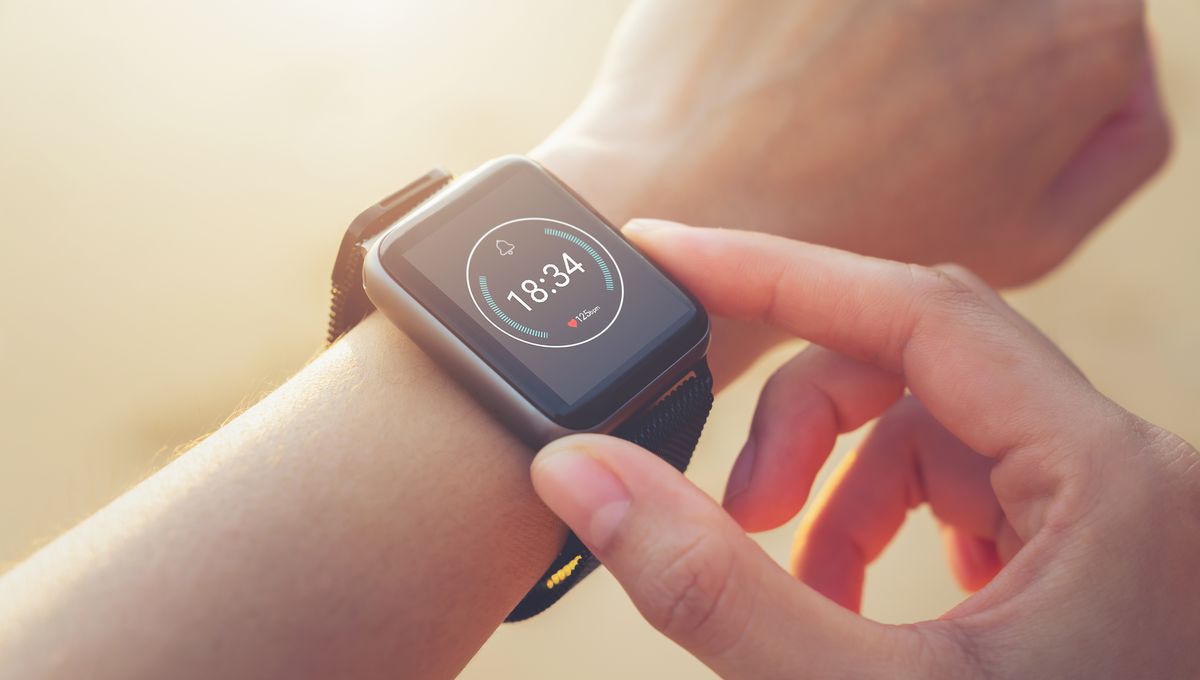
Physicists may say time is the universal constant, but the rest of us know the truth: time is about as far from “constant” as it’s possible to be. Eight hours of sleep can pass in a wink, for example. Spend an hour playing your favorite game, and you’ll be astonished when it’s over; ten minutes on a treadmill, meanwhile, can feel like an eternity.
Well, actually… to be more accurate, it should feel like about 10 minutes and 54 seconds. Less impressive, we grant you – but it’s got the advantage of evidence behind it.
“During exercise […] it seems likely that the stimulus of physical activity creates a heightened associative state of impulse awareness and causes a perceived slowing of time,” reports a small study, released last year by researchers from the UK and the Netherlands.
In other words, “the chronological clock reaches 30 [seconds] after the individual indicates/perceives 30 [seconds] has elapsed,” the paper explains, “giving the impression that the chronological clock is moving [too] slow.”
Specifically, it moves about nine percent slower than it should. At least, that’s what the results said: the team measured the perception of time in 33 study participants at various points through a stationary cycling exercise task, asking them to count out 30 seconds as accurately as possible. While the subjects slightly overestimated how fast the clock’s hands should move before and after their exertion, mid-challenge, the tables were completely flipped: “the perception of time was significantly slowed during exercise,” the team reports.
And as those of us who are particularly exercise-averse would expect, the effect got stronger the more effort was expended. Participants had three rounds of testing: one where they were asked to go as fast as possible, one where they were with a “companion” avatar, and one where they had to beat that companion. It was the latter trial where time perception deviated the most – in fact, after 2,500 meters (8,202 feet) of cycling, the difference from the true time was as high as 25 percent.
Which leaves the obvious question of: why? Why would our bodies stretch out this obvious pain and hardship? Well, the answer may be precisely because it’s so awful; the effect “is similar to situations of perceived threat often used in psychological research of time period estimation,” the team notes, wherein “during dangerous incidents events appear to pass in slow motion as if time has slowed down.”
“In sports terms, this likely means that the subjective perception of time elapsed decreases (shrinks) due to greater than usual sensory awareness of physical sensations of discomfort that are not apparent at rest,” they explain. “Therefore, experiences or sensations (impulses) are densely packed into a shorter period than is objectively true compared to a resting condition due to augmented physical arousal and awareness of the physical situation.”
As you might imagine, though, this doesn’t make exercise very enticing for some of us – but in fact, that’s exactly what makes the research so enticing. While it’s not clear if the results are generalizable – it was a small study among physically fit participants – they nevertheless offer “an intriguing first glimpse into how our perception of time can be warped,” Andrew Edwards, head of the School of Psychology and Life Sciences at Canterbury Christ Church University and research lead, said in a statement last year.
“Our findings have important implications for healthy exercise choices, enjoyment levels and also for how we use this information to optimize performance,” he said, “perhaps [offering] a clue as to how to take things to the next level while exercising.”
“The main strands of the work are to see how we can motivate people to engage with exercise, avoid/mitigate negative associations with time appearing to move slowly and perhaps see if we can use this apparent slowing of time to our advantage.”
The study is published in the journal Brain and Behavior.
Source Link: It's True: Time Really Does Move Slower When You're Exercising